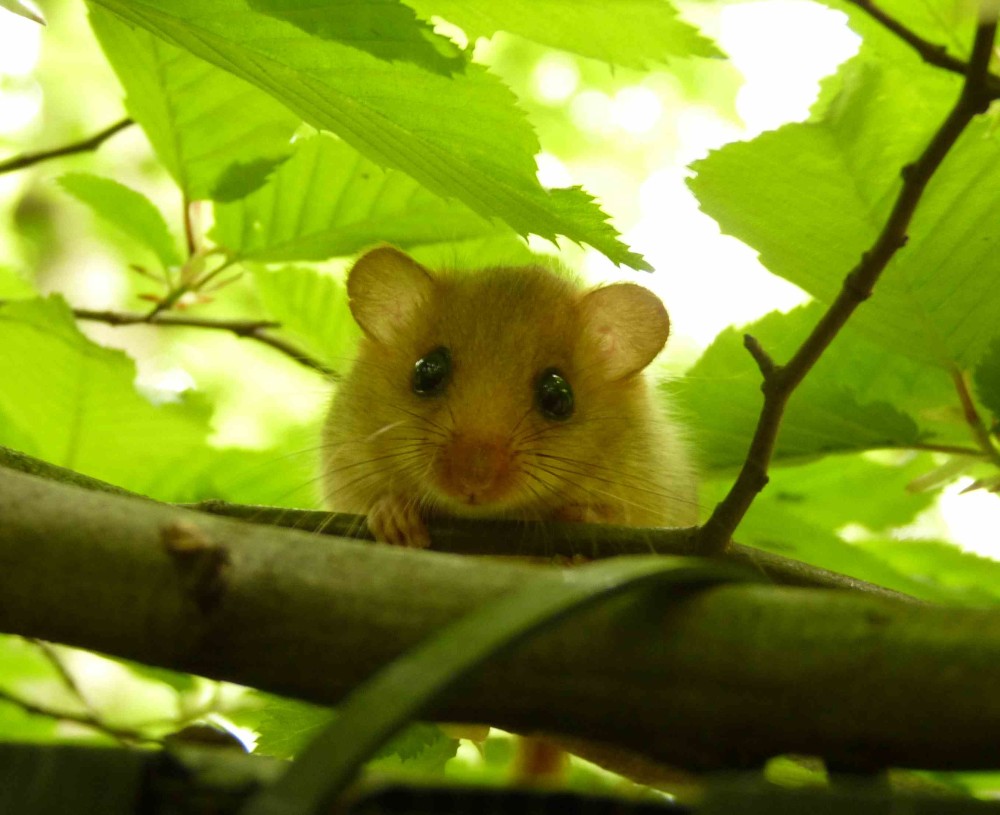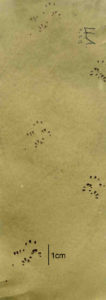Detecting hazel dormice

The elusive hazel dormouse is at risk of extinction in the UK so finding out where they are is the first crucial step to saving those that are left.
Funding for this project has now finished
The problem
There are currently several methods used to survey for hazel dormice including nest tubes, nest boxes, nut searching and nest searching. However, dormice can still be difficult to detect and it is not clear which method or combination of methods works best in different habitat types.
The solution

This project with Suffolk Wildlife Trust will compare the existing survey methods and trial a new method involving footprint tunnels. This method potentially has the advantage of being used without a special survey licence and may also be more suitable in areas where there is a risk of public disturbance.
Simone and Alison at SWT will survey 12 sites in Suffolk using 50 nest tubes, nest boxes and footprint tunnels at each site between April and November. We will also carry out nut searching and nest searching at each site. We are surveying in a range of different habitat types including scrub, woodland and hedgerows, including managed and unmanaged habitats. By the end of the project we hope to find out which method or combination of methods is most effective at detecting dormice in each habitat type.
If the new footprint tunnels prove to be an effective at detecting dormice, we will produce best practice guidelines on how these should be deployed for other conservationists to use across England and Wales.
This vital knowledge will help us get one step closer to saving, and boosting, dormice populations in the UK.
Thank you to all our donors who helped us fund this work. You can help us support more projects like this with a donation today:
